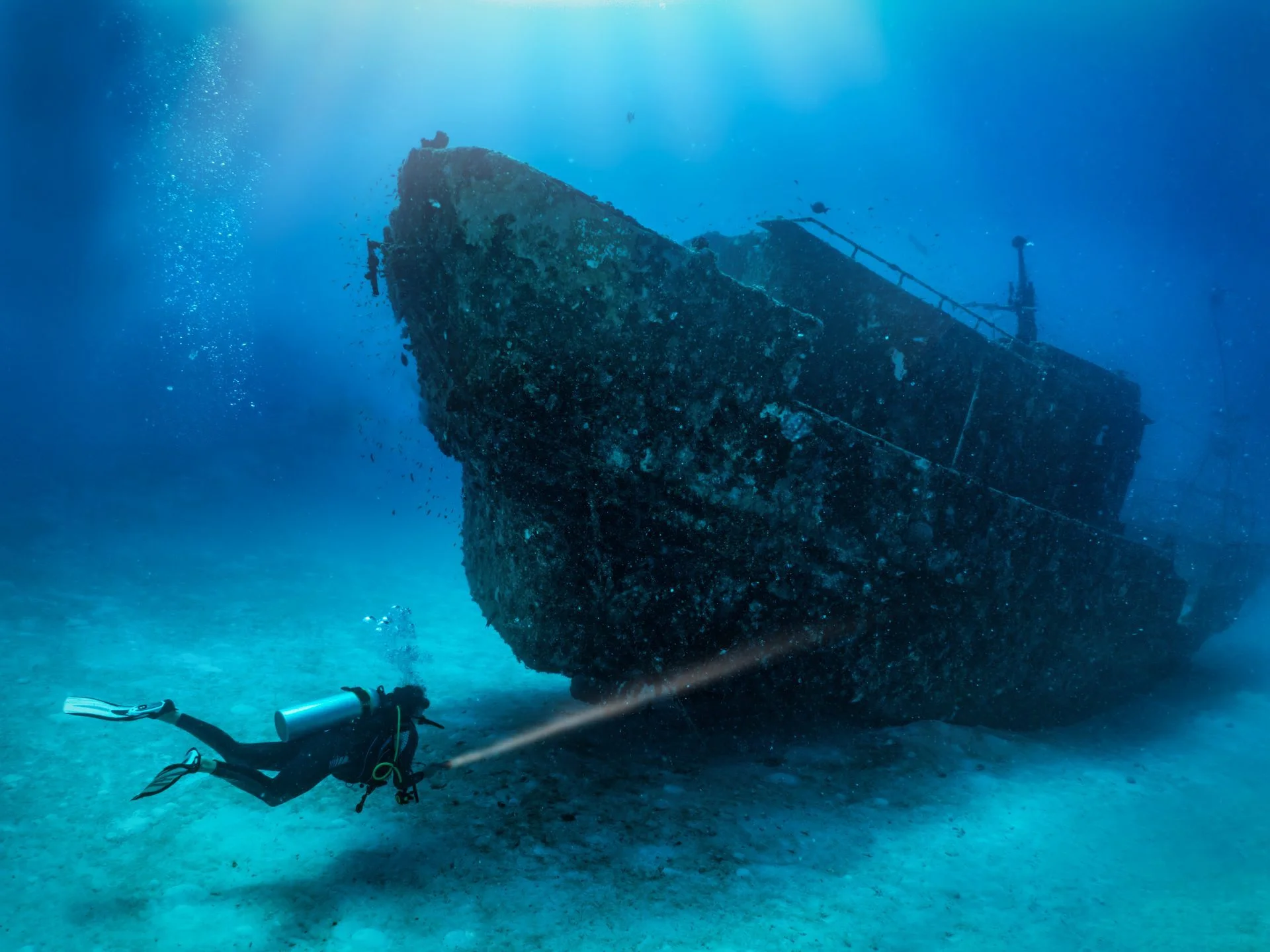The Honor Frost Foundation, and the British Academy are continuing to support research related to maritime archaeology around the world, by offering BA/Leverhulme Small Research Grants made available to academics from UK institutions.
The Honor Frost / British Academy Small Research Grants was launched in 2014 as a public-private partnership, to enhance the pursuit of maritime archaeological research and human interaction with the sea.
This includes the study of submerged landscapes, geomorphology, coastal/intertidal archaeological surveys, and the development of new maritime survey techniques. Small Research Grants are offered in support of any aspect of research, including travel, fieldwork, archival and desk-based research, and subsequent publications arising from the research funded.
Grants up to the value of £10,000 are open to postdoctoral scholars (with approval of the applicant’s employing institution) who reside in the UK, or independent scholars (who should choose ‘independent scholar’ as the relevant choice from the list of organisations in Flexi-Grant). Co-applicants may be from anywhere in the world, but the Principal Applicant must be ordinarily resident in the UK.
Already the grants have supported pioneering research in associated fields, such as the surveying of Mediterranean shipwrecks to understand ancient Greek maritime networks by Professor Mantha Zarmakoupi and Dr George Koutsouflakis, revealing the importance of the island of Levitha as a steppingstone in the maritime routes between Greece and Asia Minor, especially in the early and late Hellenistic periods. Find out more
The Honor Frost Foundation
The Honor Frost Foundation was founded in 2011. Honor Frost was an early pioneer in the field of underwater archaeology. When Honor died in 2010 she left the bulk of her estate to establish the foundation to promote marine and maritime archaeology with a focus on the eastern Mediterranean.
The Foundation’s mission is to promote the advancement and research, including publication, of maritime archaeology with particular focus on the eastern Mediterranean, specifically Lebanon, Syria, Cyprus and Egypt.
The British Academy
For over 100 years the British Academy has been bringing together the best minds in the humanities and social sciences – to support talented researchers, to advise government and to sharpen the quality of public discourse.
From artificial intelligence to climate change, from building prosperity to improving well-being – today’s complex challenges can only be resolved through deeper understanding of people, cultures, and societies.
We invest in researchers and projects across the UK and overseas, engage the public with fresh thinking and debates, and bring together scholars, government, business and civil society to influence policy for the benefit of everyone.
[Sponsored Article]







